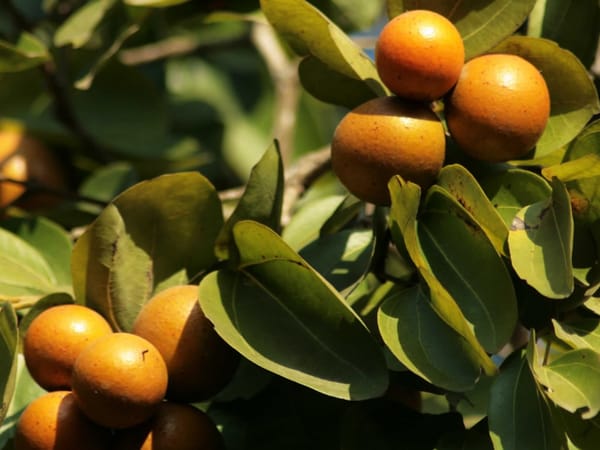Kidney Stones

Studies show that men are more likely to develop kidney stones than women. Interestingly, men are more prone to kidney stones during the summer, while women are more likely to develop them in the winter.
In Unani medicine, understanding and treating any condition begins with assessing both the individual’s temperament and the temperament of the disease. Kidney stones, however, add an extra layer of complexity, as they can form from a variety of factors and take on different types depending on the underlying cause.
Causative Factors:
- Malnutrition
- Excess matter lodging in the kidneys
- pH imbalance
- Dehydration
- Excessively overactive or excessively sedentary lifestyle
Treatment of Kidney Stones:
- Diuretics
- Surgery
- Pain management
The Root Cause
The root cause of kidney stones is humorally driven—the kidneys retain an excess of corrupted humors, such as phlegmatic, black bile, sanguine, or yellow bile matter. This matter is often thick and dry, which predisposes it to crystallization. The ways in which these humors become corrupted are varied. Below, we will explore some of these pathways. Note that when assisting a client with kidney stones, conducting a thorough investigation into their root cause is essential.
Kidney Weakness
Weak kidneys impair the filtration and overall functioning of the organ. This can result in higher concentrations of substances like calcium, oxalate, uric acid, or cystine in the urine. When overly concentrated, these substances crystallize and form stones. Weak kidneys also produce less urine, causing the body to retain minerals and salts that would otherwise be excreted.
Additionally, weak kidneys disrupt the balance of urine pH, leading to an environment that is either too acidic or too alkaline. Each pH imbalance promotes the formation of different types of stones.
The kidneys may weaken due to changes in their temperament or from becoming obstructed. Other organs, such as the liver, may also contribute by offloading their waste onto the kidneys, overburdening them. This overload can weaken the kidneys, leading to the accumulation of abnormal matter and subsequent crystallization.
By understanding the underlying causes—whether from humoral imbalance, organ interactions, or temperament shifts—we can tailor interventions to address not only the stones but also the root of the issue.
Overheating and Congested Heat
Both overheating and congested heat can impair proper blood flow and circulation, leading to the accumulation of waste material in the kidneys and eventual crystallization. This may explain why men experience more kidney stones in the summer, a season when overheating is more likely. According to Unani Tibb, men are naturally hotter in temperament than women, making them more prone to overheating.
In contrast, women may experience more kidney stones in winter due to the colder environment. Coldness can lead to obstruction and impaired kidney function, which hinders waste elimination and promotes stone formation.
To understand how overheating and congested heat contribute to kidney stones, we can compare the process to honey. Honey, which is naturally hot and moist—much like the kidneys—thickens and crystallizes when left in a cold environment. Similarly, when honey is overheated, it hardens and caramelizes, taking on a texture reminiscent of kidney stones. This analogy illustrates how extremes of temperature, whether heat or cold, can disrupt balance and lead to crystallization in the body. It also explains how excessive moment (heating) and excessive idleness (cooling), both lead to the formation of kidney stones.
Conclusion
In conclusion, the formation of kidney stones is a complex process influenced by humoral imbalances, environmental factors, and the body’s unique temperament. Understanding these nuances is essential for effective prevention and treatment, and Unani medicine offers a holistic framework for addressing such conditions. By restoring balance to the body’s humors and supporting the kidneys’ natural functions, Unani practitioners can help prevent and manage kidney stones effectively.
If you’re interested in learning more about Unani medicine and its timeless principles for health and healing, Unani Reads is the perfect place to begin. Explore our resources to deepen your understanding and uncover the wisdom of this ancient yet relevant system of medicine.
Warm regards,
Shifaa Khan, without prejudice
NO Health Advice Given
DISCLAIMER: Shifaa Khan's content is for general informational purposes only. It should not be used to self-diagnose and it is not a substitute for a medical exam, cure, treatment, diagnosis, and prescription or recommendation. It does not create a doctor-patient relationship, nor a consultant-client relationship, nor a practitioner-client/patient relationship between Shifaa Khan and you. You should not make any change in your health regimen or diet before first consulting a physician and obtaining a medical exam, diagnosis, and recommendation. Always seek the advice of a physician or other qualified health providers with any questions you may have regarding a medical condition. No presentation or communication shall expressly or implicitly bind any person or entity to any contract, agreement or course of conduct, or waive any part of this disclaimer and no one should rely on unverified claims that Shifaa Khan is part of any endeavor and all such reliance is expressly disclaimed.




